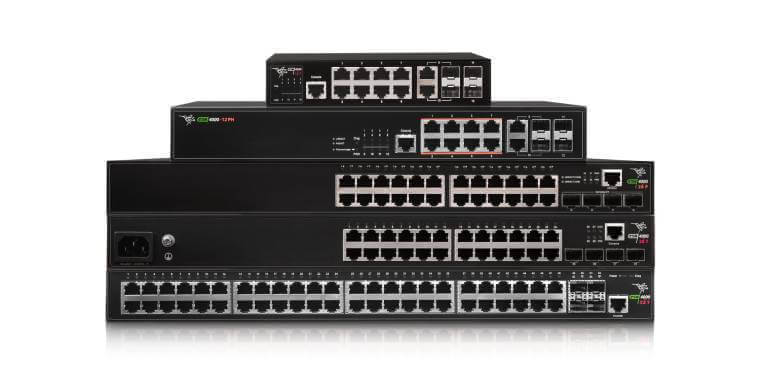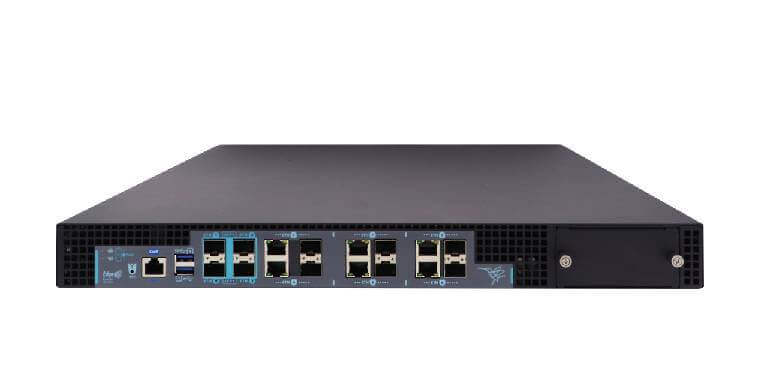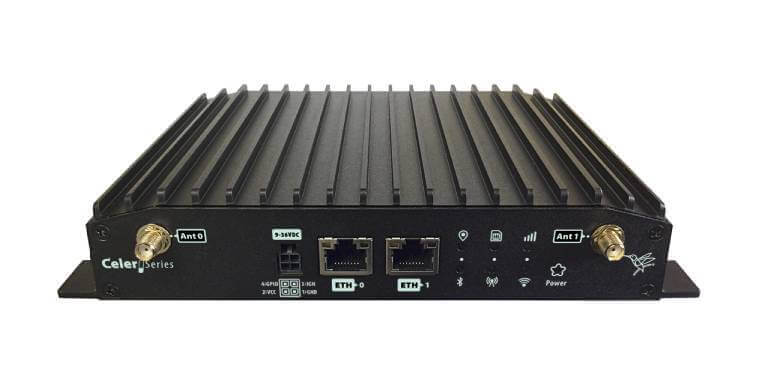
Business, Schools, Government, and almost every other form of organization, cannot work without access to the Internet. But while the Internet has accelerated productivity it has brought with it many dangers and distractions. These Internet threats and danger can be managed efficiently by using Domain Name Systems (DNS) technologies.
DNS technology is the phone book of the Internet. To access any new website, a user enters a human-readable name (eg www.teldat.com ) which results in a very small DNS packet being sent to obtain the machine-readable number (eg 82.223.148.162) of the server where the content can be found (ie the server IP address).
To control Internet access, it is necessary to analyze content classification, country of location, reputation and other factors associated with each specific IP address. A decision to allow Internet access, deny access or just monitor activity can then be made against the user’s customized Internet Access Policy (IAP). If the content is within the defined IAP then the user is able to access the web page / IP location. From that point onwards content is then download directly without any further reference to the DNS filtering mechanism (until a new IP address request is made).
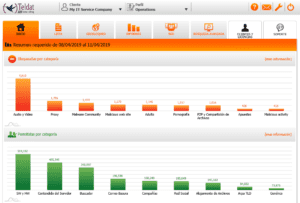
Example of a Web filtering solution summary
Top 10 best Practices for Web Filtering
So, whilst considering the use of Internet filtering, here are our top 10 insights.
# 1 Segment users need to apply different policies.
Finance, Sales, marketing, visitor hotspot, students, infants, etc. They all have different needs and thus require different policies.
#2 Log data for 6 months.
Increasingly there is an obligation on the Wi-Fi provider to enforce a login and maintain data. For example, Public Wi-Fi providers in France face fines of up to 300,000 euros and 6 years in prison if this is ignored.
#3 Privacy.
This is really hot topic in Europe and the US, and perhaps makes common sense everywhere else. The idea is to protect user data and enforce sound rules about how user data is handled. If you don’t have a local privacy standard then we recommend to default to the European GDPR standard which is widely discussed on-line.
#4 Distractions in the work place – especially gambling, and social media.
It’s true that users can always get out their smartphone and use 4G to access the same apps and websites, but the reality is that problem will become more manageable. In a recent study of a UK retail chain, the abuse of social networks reduced by 80% after the introduction of such filters.
#5 Illegal Content.
Accessing illegal content in the workplace (eg pirated software) is a sensitive issue. The obligation is increasingly placed on company management to apply reasonable measure that can prevent this. Media and software companies in the US have been litigious in 2019 to enforce their intellectual ownership.
#6 Open Visitor Wi-Fi.
If you are feeling lucky, you can leave everything open on the Internet, but to the “less brave” we recommend limiting access to news sites and social media. Consider enforcing an access or login. Keep in mind your legal obligations mentioned earlier.
#7 Regulatory Issues.
Many countries now have some level of Internet access regulation. As well as most often targeting content like adult materials and gambling. Governments increasingly have “special lists” for blacklisting.
#8 Schools often have regulatory and certainly have moral imperatives to safeguard children.
This is a complex and country specific topic. However, we believe every child has a right to a “safe” environment and one that can control cyber-bullying.
#9 Malware prevention.
IT security is a huge topic. Multi-level filtering (eg filtering the network, use of a firewall or a PC anti-virus) is a recognized best practice. On the 9th April 2019 a UK hacker has been sent to prison for embedding malware in a “fake advertising link”, which maliciously encrypted user data in search of a bit coin ransom payment. Make sure you have a good Internet malware filter.
#10 Malware Prevention (again!).
Oh its really so important that is appears twice in our top 10. Keep in mind that filters are designed to “have low false positives”. This is to say block a web site in error. However certain users and industry sectors – like finance, legal, insurance – would accept higher rates of false positives as a trade off to block more potential malware content. This is where heuristic filters play an important role, by raising the barrier further against Malware threats.
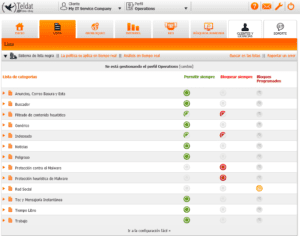
Example of a Web filtering solution by categories
FlashStart is a Teldat Partner. We have a vast experience developing web filtering / cloud filtering solutions, supplying many companies on a robust and safe worldwide network. We work closely with Teldat, providing our web filtering solutions, which are applied to various Teldat products such as the In-Vehicle SaaS solutions among others.







